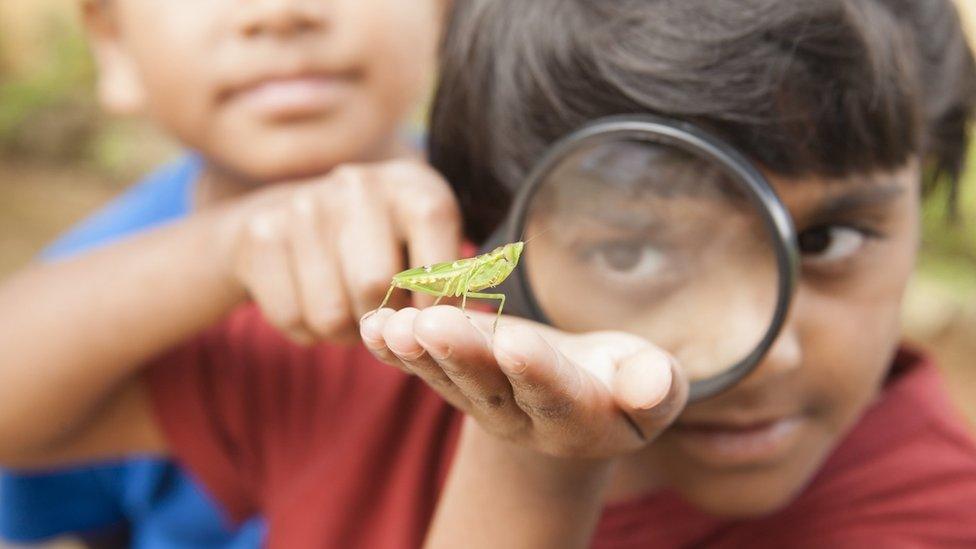Bug splat app wants you to count the critters on your car
- Published
- comments
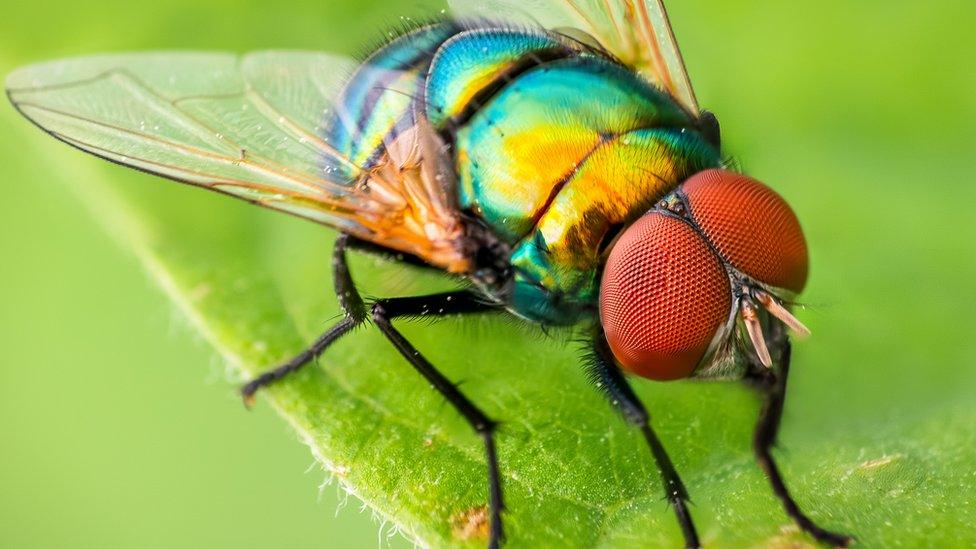
Do you fancy counting critters?
Well measuring the amount of squashed bugs on your parent or guardian's car after a journey might be able to help scientists understand insect populations in the UK.
A new app called Bugs Matter, launched by charity Buglife, is asking people to gather information to help scientists see where certain species and thriving and where others are in decline.
Users of the app are asking to clean their number plate before a car journey, the location and time data are then collected by the app.
Then you place a grid, sent via email for printing, over the number plate and count the bug splats in the squares and put the number into the app. A photo of the number plate is also added to the app and it can check the number of bugs.
There is evidence that insects are declining around the world because of habitat loss and pesticides. But this can have a negative impact on our ecosystems.
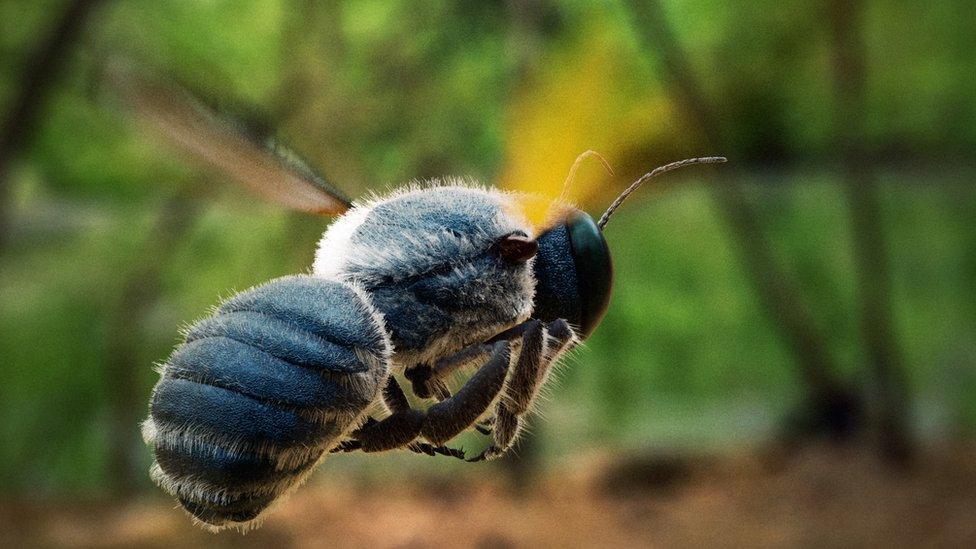
Think of the common house fly, you might find them annoying but them and other insects are the foundations of the whole food chain and if we lose them we could lose other species too.
However there isn't enough evidence to fully understand many insect species, which is why the app is useful for scientists.
Andrew Whitehouse, Countries Manager for Buglife said: "The falling abundance of flying insects should be a major concern to everybody as these essential creatures are, quite simply, the small things that run the world."
Bugs Matter gives everybody the opportunity to take part in essential monitoring that will help us to better understand the health of our insect populations, and our environment as a whole.
Conservation Evidence Manager at Kent Wildlife Trust, Dr Paul Tinsley Marshall added: "The main causes of their decline are chemical use across our countryside, road verges and gardens, and habitat loss - but we need lots more data to determine trends and people to take the survey during their day to day car travel."
Wildlife groups are hoping hundreds of people will sign up so patterns in insect numbers can be better understood.
- Published28 May 2021
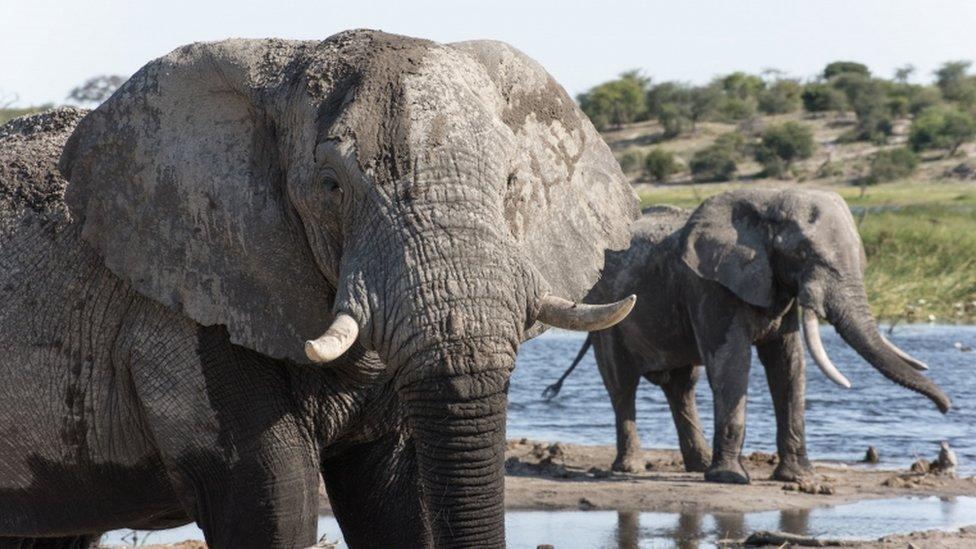
- Published30 March 2021
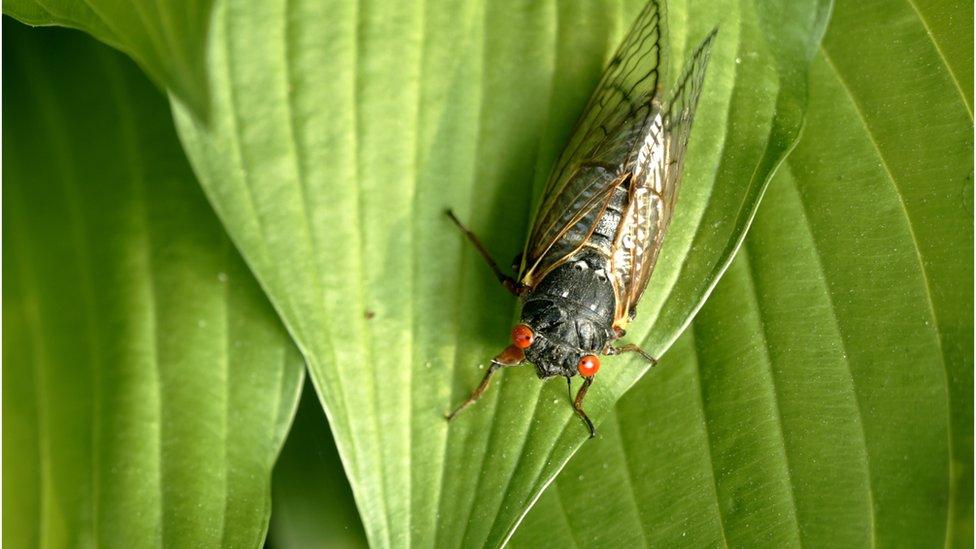
- Published21 July 2019
